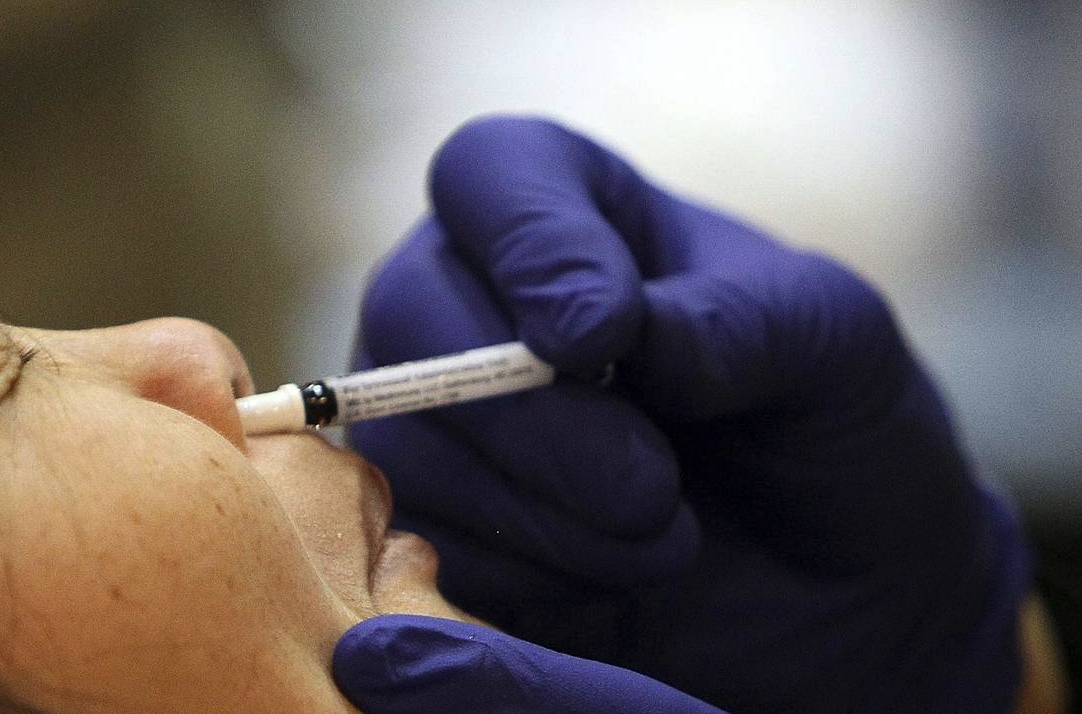China Launches First Human Trials For ‘Nasal Spray’ COVID-19 Vaccine
Tyler Durden
Fri, 09/11/2020 – 20:40
Markets were already heading lower earlier this month when AstraZeneca announced that the vaccine it had been developing in partnership with Oxford University had hit an unexpected snag: a patient showed an unexpected “adverse reaction” resembling a form of meningitis. Suddenly, all the skeptics’ warnings about a vaccine not being available for months, perhaps even years, are ringing in professionals’ heads again.
But in China, regulators within the CCP have allowed vaccine maker Beijing Wantai Biological Pharmacy to launch “Phase 1” human trials of a nasal spray vaccine, which is being co-developed by researchers at Xiamen University and Hong Kong University.
Intranasal spray has previously been developed as a vaccine for the flu and is recommended for use among children and adults who want to avoid the more common needle injection. While it is not the most frequent choice for delivery, scientists around the world are working to develop sprays as an alternative to muscle jabs for all sorts of vaccines.
It’s China’s tenth vaccine candidate to proceed to human testing, though Beijing has much more sway to “relax” certain standards than the FDA, as the world recently learned. And with the AZ-Oxford vaccine now on hold, Beijing now has a chance to close the gap.
The new spray contains weakened copies of the virus implanted with the genetic segments of the coronavirus’s spike protein that will allow it to take hold inside the patient’s nasal passage.
Once administered, the vaccine mimics the natural infection of respiratory viruses to stimulate the body’s immune response against the pathogen that causes COVID-19, according to Science and Technology Daily, a paper affiliated with China’s Ministry of Science and Technology.
Some scientists hope a vaccine that gets sprayed through the nose may have a better chance of stopping the spread of the virus because, as we continue to learn, the virus appears to primarily spread through the air via aerosol infection.
Intranasal spray has previously been developed as a vaccine for the flu and is recommended for use among children and adults who want to avoid the more common needle injection. While it is not the most frequent choice for delivery, scientists around the world are working to develop sprays.
China’s new nasal spray vax project joins about 35 other candidates currently in human testing, as the global race to be first with an effective vaccine intensifies, with the candidate from Russia so far holding its own alongside a battery of projects developed in the West. In the wake of AstraZeneca’s setback, China’s most advanced vaccine developers, including CanSino Biologics Inc. and state-owned China National Biotec Group Co., have emphasized the safety of their own shots.
CNBG said the two shots it is testing are effective in staving off infection. None of the Chinese diplomats and workers traveling to virus hot spots overseas has reported infections several months after receiving the vaccines, Zhou Song, CNBG’s general counsel, said.
